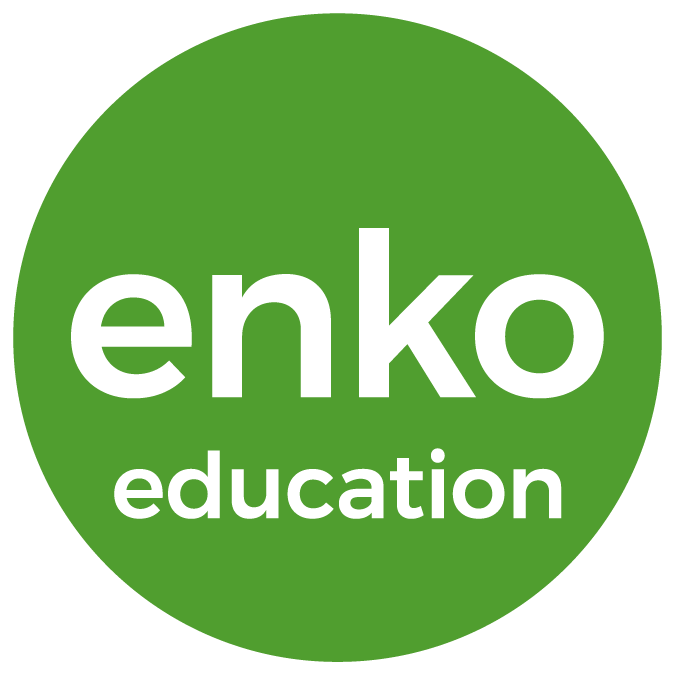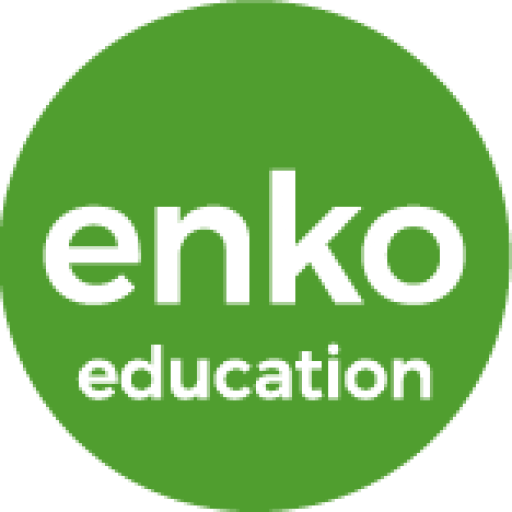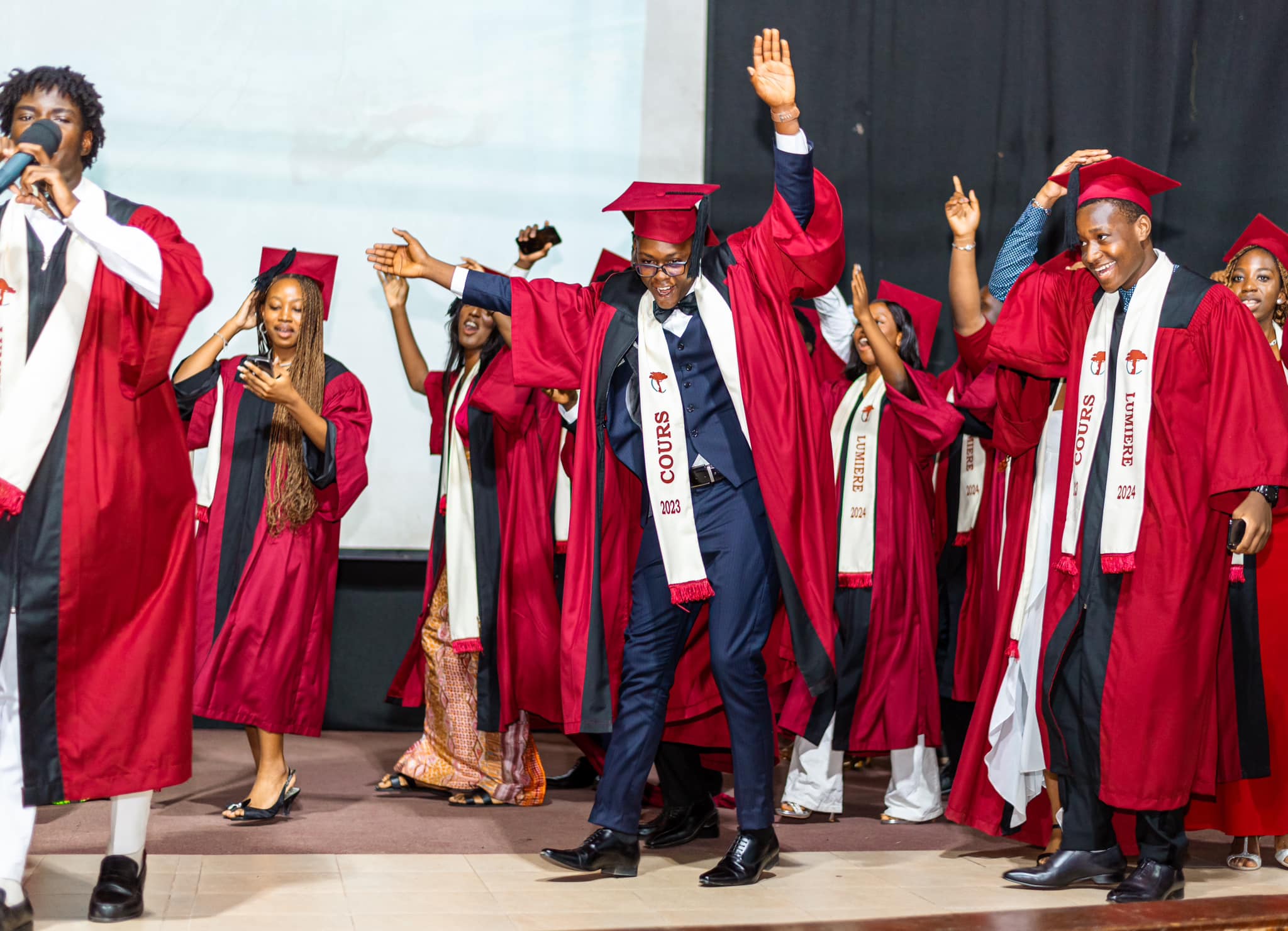From classroom to continent: Enko Education students explore Africa through extracurriculars
Extracurricular activities are more than just a way to fill time after school; they are a vital part of a student’s growth and development. According to Peter Scales, an Australian developmental psychologist and author from the University of Melbourne, “Extracurricular activities provide a safe and structured environment for young people to explore their interests and talents, build relationships, and develop a sense of belonging and purpose.”
As parents, you understandably want reassurance about how our school manages extracurricular activities. In this article, we speak with Enko Education’s extracurricular activities Manager, Lauriane d’Almeida, to learn how these programmes are organised and their role in fostering well-rounded, culturally aware students.
What inspired Enko Education to integrate African exploration into its extracurricular programme?
Enko Education has three founding pillars: African Roots, Global Wings, and Future-oriented. The first pillar, African Roots, emphasises the importance of students having a comprehensive understanding of their environment. Therefore, Enko Education implemented school trips to help students explore African cities and discover new horizons.
What goals does Enko Education aim to achieve with these trips?
These trips serve three purposes:
- Fostering cultural diversity: By organising these trips, Enko Education mixes students from different backgrounds, cultures, and countries, reinforcing a sense of belonging to the Enko family and making students feel part of an international network.
- Facilitating networking opportunities: These trips allow students to network with peers who they may later meet at university as Enko alumni. This early connection helps them build a supportive network for their future academic and professional journeys.
- Developing new skills and perspectives: Our study trips help students acquire new skills outside the classroom, such as public speaking, creativity, organisation, teamwork, critical thinking, and planning. We also aim to broaden their perspectives on being a student at an international university.
In a nutshell, we design these trips for students to discover other countries and interact with inspiring people who can help them explore their professional, business, or entrepreneurial interests, or share their journeys in the country visited.
Can you give us an overview of some places that students have visited?
So far, students have visited significant sites such as:
- South Africa: They visited the Apartheid Museum, Soweto, and Gold Reef City. In Johannesburg, they also visited Amazing Grace Private School, our Enko school in the city.
- Rwanda: During our visit to Rwanda, students explored the Genocide Memorial the African Leadership University Campus, Kivu Lake, Mount Kigali, and the Akagera National Park for a safari. They also visited business centres, local companies, and main attractions in Kigali.
We are also planning to visit other places in Africa, including:
- Kenya: We want our students to discover the Masai Mara National Park for a safari, the University of Nairobi, Karura Forest, the Giraffe Centre, and the Bomas of Kenya Cultural Centre. They will also tour Nairobi.
- Mozambique: In Mozambique, students will visit Inhaca Island, the Tunduru Botanical Gardens in Maputo, the fortress, and the Núcleo de Artes art museum. They will also explore Vila Algarve, known for its unique architecture. Additionally, students will visit their peers at Enko Maputo.

How do you select the destinations for these trips?
Destinations are chosen based on several criteria:
- Language and international influence: We select English-speaking countries, especially for study trips, or countries with international influence.
- Enko School locations: We organise cross-campus exchanges in countries where we have Enko schools.
- Safety and accessibility: The city or country must be safe for students to travel to, with easy flight connections and straightforward visa procedures.
- Academic value: We value cities with prestigious international universities for our study trips.
How do these trips complement the academic curriculum at Enko Education?
These trips help students connect what they have learned during the school year with what they discover in the countries they visit. We encourage students to reflect academically on their experiences.
The academic aspect of the trip is led by teachers from Enko schools, and supported by other faculty members during the journey. These teachers are essential in designing trips that hold educational value and complement the academic curriculum at Enko.
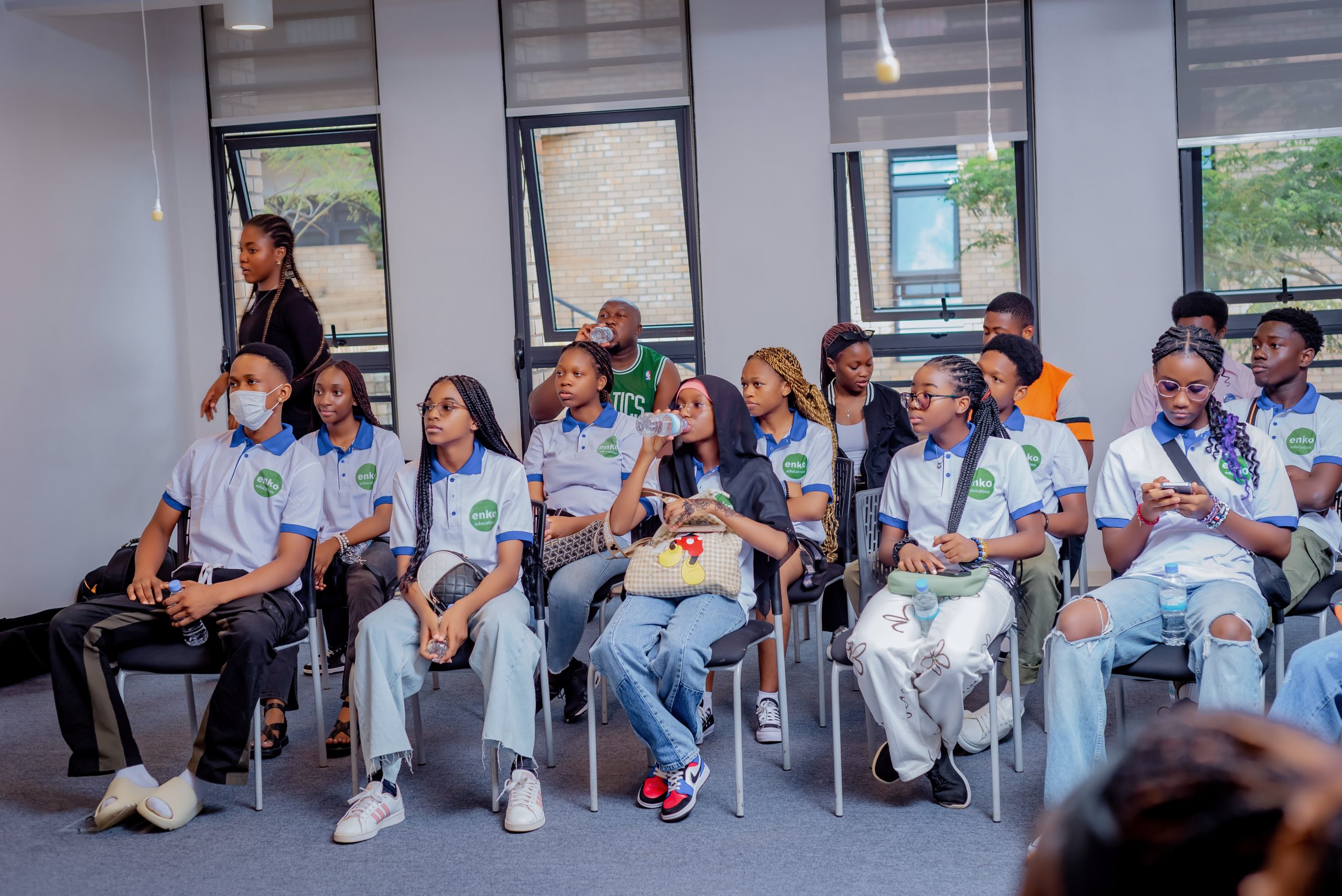
What specific learning outcomes do you expect from students after participating in these trips?
We want our students to gain more confidence in sharing their reflections and analyses, defending their arguments, listening to others’ opinions, and organising as a group to present their thoughts orally. We aim to develop students’ public speaking skills, especially English-speaking skills for Francophone students.
How do you ensure the safety and well-being of students during these trips?
- Training of chaperones: We arrange training sessions with our chaperones to ensure they comply with our child safeguarding policy. We choose chaperones based on their good history in schools.
- Group organisation: Students are organised in groups of 8 to 10 students of the same age range, with one chaperone per group to maximise focus, especially for younger children.
- Accommodation standards: We select accommodations based on a precise checklist and share our child safeguarding principles with service providers, requiring their agreement. For example, accommodations must meet our security and comfort standards and allow clear separation of boys’ and girls’ rooms.
- Connection with parents: We stay connected to parents during these trips, enabling students to reach their parents at reasonable times if needed.
What preparations are made before embarking on these journeys?
Before departure, we share the trip’s programme, content, and general information with parents and students. We check travel documents with the parents, answer their questions, provide a communication group to discuss with chaperones (usually via WhatsApp) and share emergency contact details.
Parents receive their child’s flight tickets and visas, the name, address, and phone number of the hotel, and the students’ group allocation before leaving.
What feedback have you received from students and parents about these trips?
We are pleased to have received very positive feedback from both trips to Rwanda and South Africa. Parents were satisfied with the security during our 10-day trip. Students enjoyed discovering a new city and learning from a new environment, with many likely keeping lifelong memories from these trips. This feedback encourages us to continue and improve our programmes.
Can you share any memorable stories or experiences from past trips?
Yes, of course. Goodbyes with parents are hard for students when they leave their countries, but goodbyes with their peers at the end of the trip are also quite moving. I remember students from different countries sharing their last dinner, talking like old friends, even though they didn’t know each other 10 days ago. They helped each other with luggage, waved as they went back to the airport, and promised to see each other someday. It is comforting to know that our students get along well and that such opportunities for them to meet across the network exist.
What other extracurricular activities does Enko Education offer to its students?
Enko Education offers various activities across its network of schools in Africa, based on parents’ wishes and the facilities available at or near the schools. Students can learn to swim, practice golf or tennis, attend theatre and dance classes, or have fun cooking desserts.
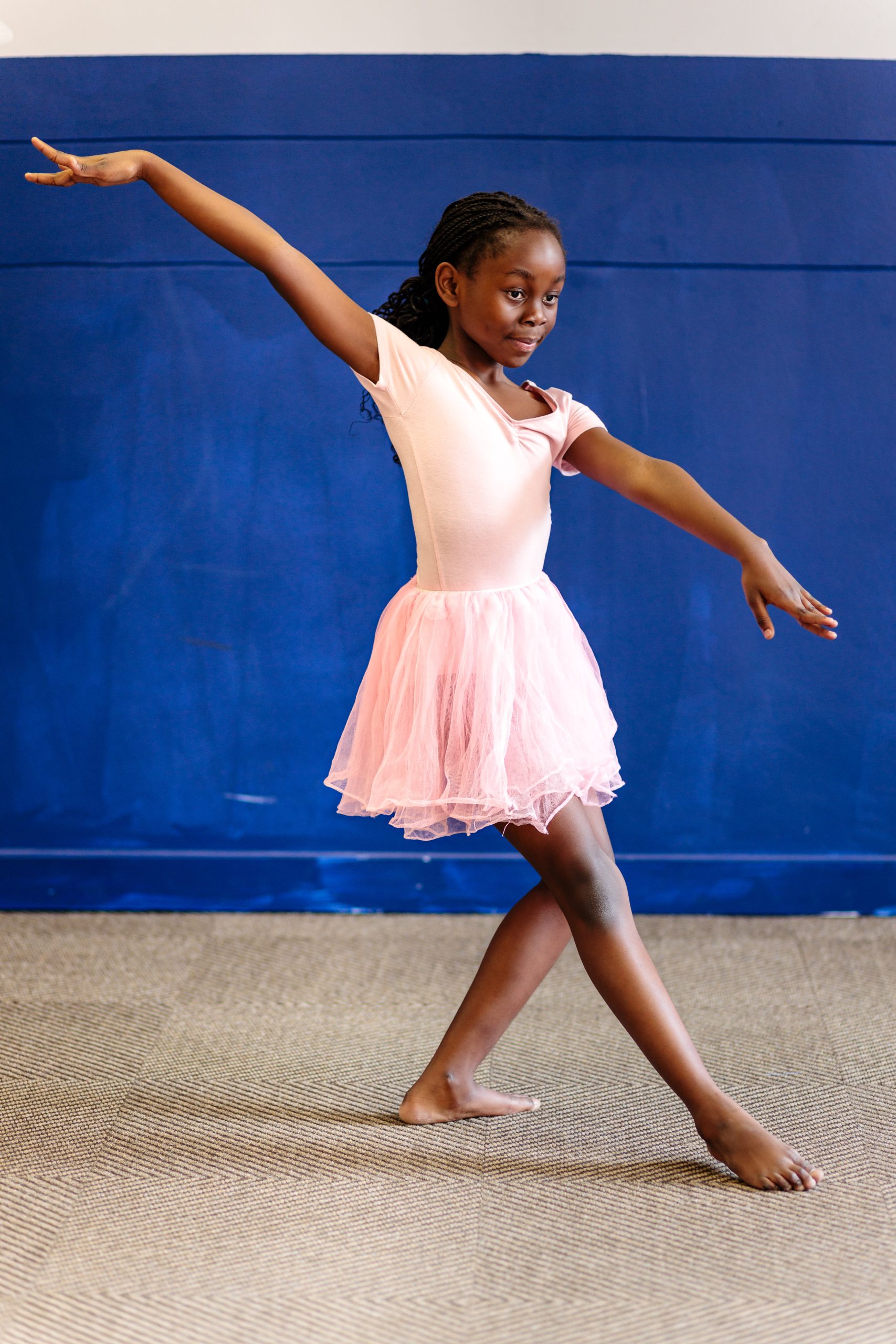
We have clubs such as karate, debate, chess, public speaking, reading, music, basketball, football, and volleyball. We aim to ensure children learn new things even after class, so they are not bored, especially during vacations. During holidays, our schools usually offer local camps, trips, and even remediation summer classes.
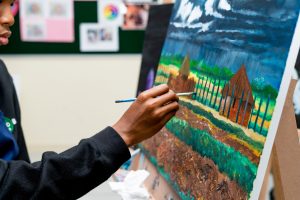
Can you highlight any specific programmes or clubs that have been particularly successful or popular among students?
We have various successful programmes in partnership with well-known experts. One notable example is a coding club launched at one of our schools. The course is pragmatic and fun, open to a wide range of students. Younger students build robots, while older ones work on more complex applications. These clubs help students develop skills that are highly valued in today’s world.
